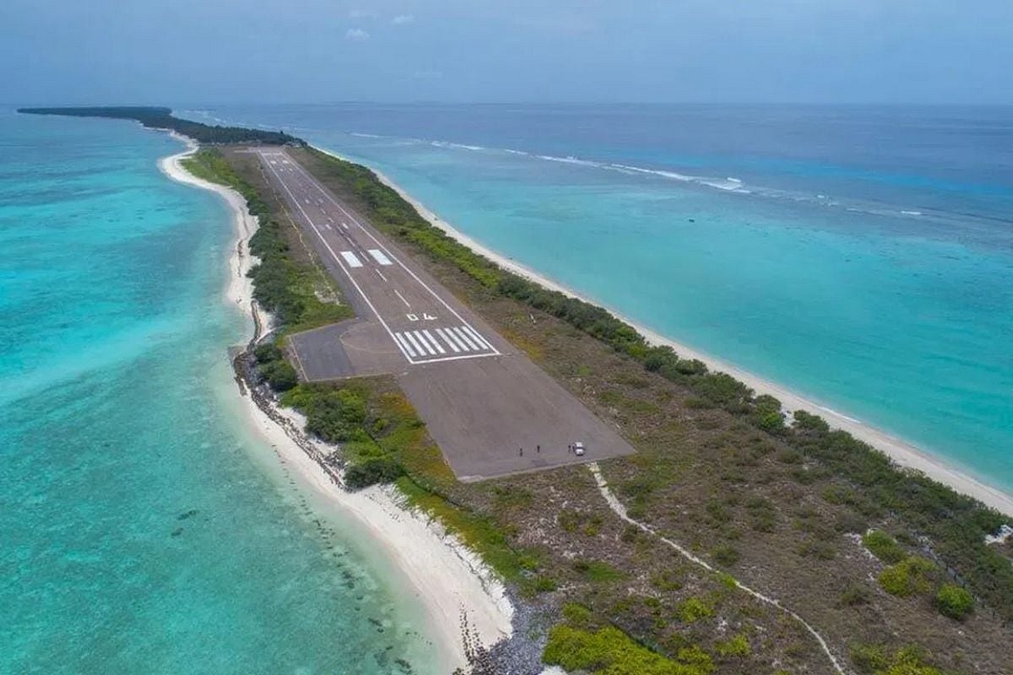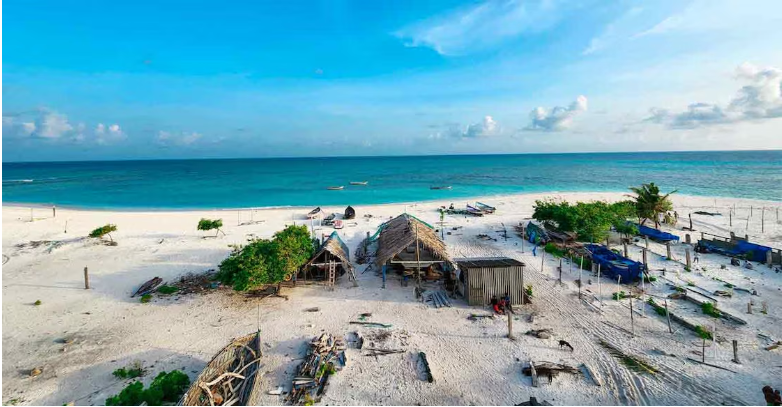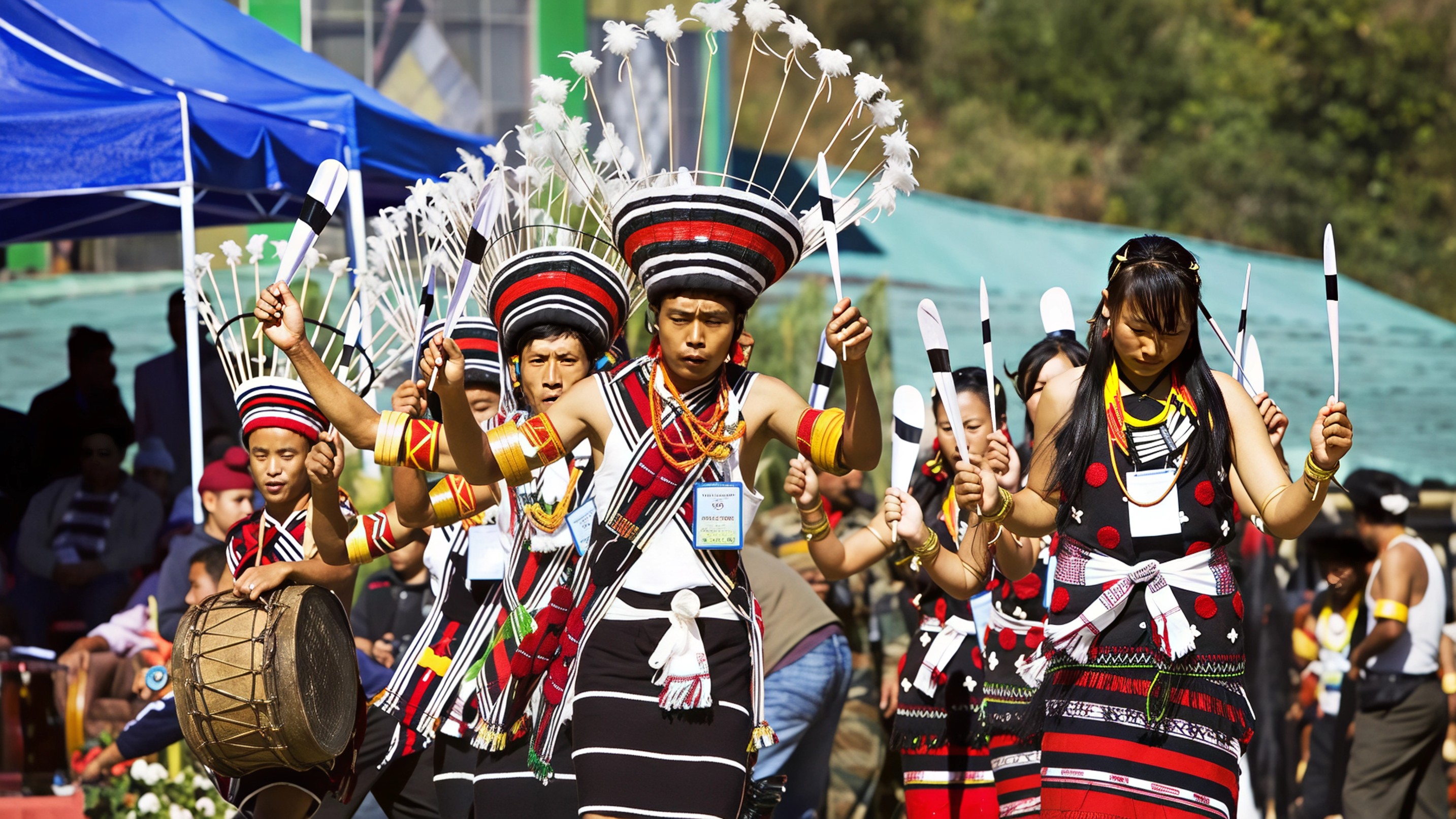A small piece of land in the Arabian Sea has become the focus of national headlines. Bitra Island, the tiniest inhabited land in the Lakshadweep archipelago, is now the centre of a controversial plan involving national defence, local identity, and civil rights. The Lakshadweep administration recently announced a proposal to acquire the entire island for defence purposes. This move has not only caught the residents by surprise but has also triggered strong opposition from the local population and elected representatives.

Bitra, located in the northern part of Lakshadweep, spans less than a square kilometre and houses just over 100 families. According to the 2011 census, the population was recorded at 271. The island is nearly 483 kilometres from Kochi and has long been home to a close-knit community that lives a peaceful and self-sustained life. The recent government notification, however, has created an atmosphere of fear and resistance among the locals who now fear displacement.
The administration’s proposal is based on strategic defence concerns. Bitra's location in the Arabian Sea gives it proximity to critical international shipping lanes. Experts say that the acquisition fits into a broader national plan aimed at boosting India's surveillance and defence infrastructure across island territories. Bitra is now being seen as a possible location to expand this network, complementing other defence bases like INS Dweeprakshak in Kavaratti and INS Jatayu in Minicoy.

A government notice dated July 11 stated that the entire landmass of Bitra would be transferred to central defence and strategic agencies. The administration cited the island’s strategic value and the logistical challenges posed by civilian settlements as key reasons behind the move.
However, this reasoning has not been accepted by many. Lakshadweep’s Member of Parliament Hamdullah Sayeed has openly criticised the decision. He argues that the land on the island belongs to the indigenous people whose families have lived there for generations. Sayeed stated that the administration has already acquired land in other islands for defence installations, making the takeover of Bitra unnecessary and unjust.
What is adding to the discontent is the lack of consultation with the residents. Bitra currently does not have an active local panchayat, and the islanders say their voices were ignored in the planning process. In protest, they have launched a movement called “Save Bitra Island” and have even held demonstrations in Kochi, burning copies of the government order. Images of the Administrator have also been burned in public protests, highlighting the deep frustration among the people.

The administration has promised that a Social Impact Assessment will be carried out under the Land Acquisition Act. Officials have said that stakeholders including grama sabhas will be consulted and the process will be completed within two months from the date of the notification. However, residents and political leaders remain skeptical. They fear that once the survey is complete, their removal may become inevitable.
The case of Bitra once again raises difficult questions about balancing national security with the rights of indigenous populations. While the government may have legitimate strategic concerns, critics argue that such decisions must come with transparency, dialogue, and a sense of justice for those who will be most affected.
For now, Bitra waits as the administration proceeds with its plan and locals continue their resistance. The next steps will depend heavily on the findings of the impact study and the decisions taken by the central government. But one thing is clear. The people of Bitra are determined to hold on to the land of their ancestors and will continue to make their voices heard.
For more travel updates, island stories, and regional insights across India, follow Travel Moves on Instagram and Facebook.








